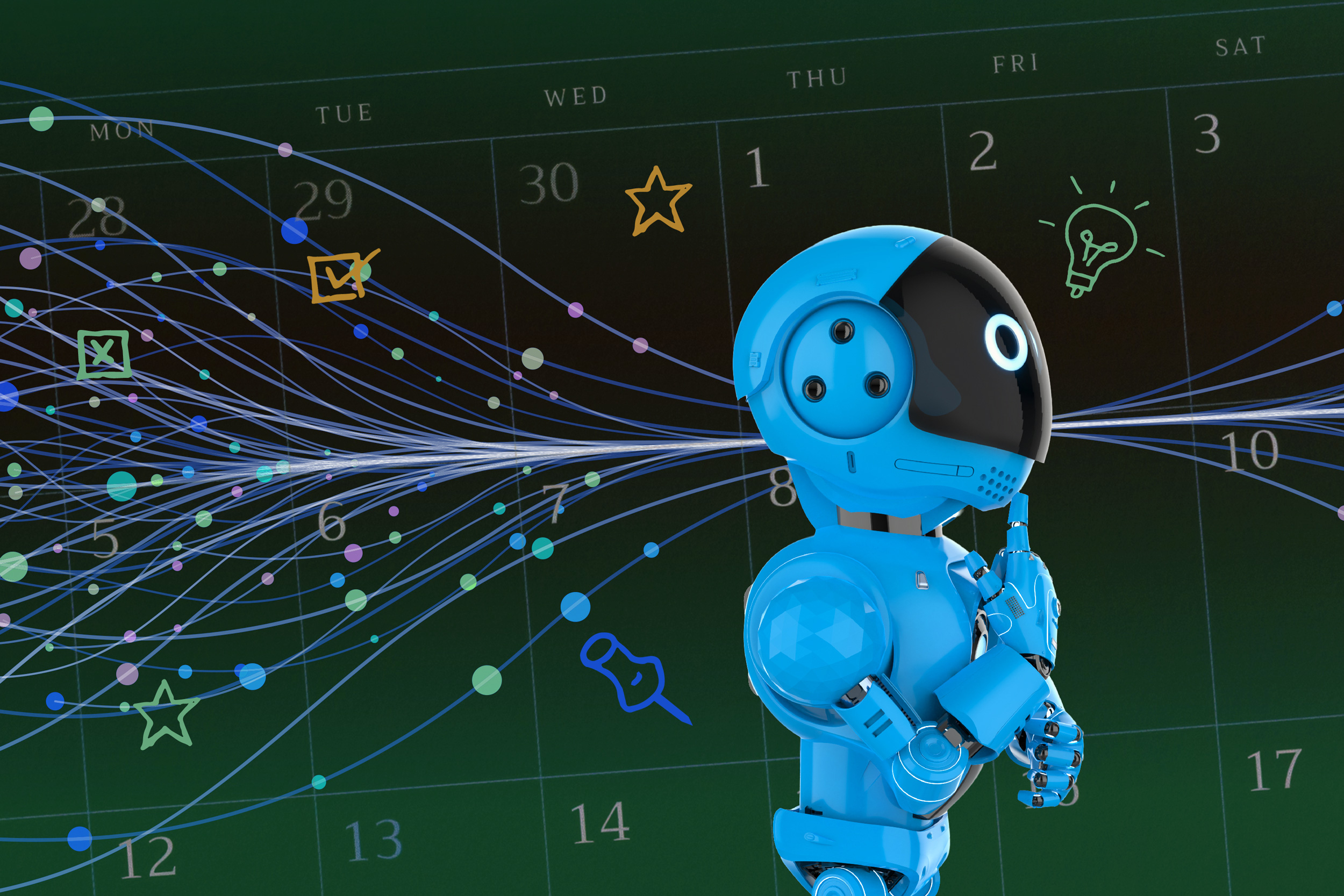Top Stories
MIT Breakthrough Enables AI to Permanently Learn Like Humans

BREAKING: A groundbreaking new approach from researchers at MIT could revolutionize how large language models (LLMs) learn and adapt, enabling them to permanently internalize new information just as humans do. This urgent development comes as AI technology is increasingly integrated into everyday tasks, highlighting the need for smarter, more adaptable systems.
Currently, once LLMs are fully trained and deployed, their knowledge remains static—unable to absorb new information from user interactions. However, MIT researchers have unveiled a framework called SEAL (Self-Adapting LLMs) that empowers LLMs to update themselves and learn from new inputs dynamically. This innovative approach mimics human learning techniques, where information is reviewed and memorized for better retention.
The process involves the LLM generating its own “study sheets” based on user input, akin to how students compile notes for study sessions. By employing a trial-and-error method, the model can evaluate multiple self-edits to identify which adaptations enhance its performance the most. Initial results indicate that this method has improved the accuracy of LLMs in question-answering tasks by nearly 15 percent and boosted success rates in skill-learning tasks by over 50 percent.
Jyothish Pari, an MIT graduate student and co-lead author of the research, stated, “Just like humans, complex AI systems can’t remain static for their entire lifetimes. These LLMs are constantly facing new inputs from users. We want to make a model that is a bit more human-like—one that can keep improving itself.” The research is set to be presented at the Conference on Neural Information Processing Systems, further spotlighting its significance in the field of artificial intelligence.
The SEAL framework enables LLMs to generate synthetic data from user inputs, allowing them to configure their learning processes. This includes selecting the type of data to learn from, the pace of learning, and the number of iterations to train on. As Adam Zweiger, co-lead author and MIT undergraduate, explains, “Our hope is that the model will learn to make the best kind of study sheet—one that is the right length and has the proper diversity of information.”
Despite these promising advancements, the researchers acknowledge challenges remain. One notable limitation is the phenomenon known as catastrophic forgetting, where performance on earlier tasks declines as the model adapts to new information. The team is actively exploring solutions to mitigate this issue in future research.
The implications of this breakthrough extend beyond theoretical interest. If successful, self-adapting models could significantly enhance artificial intelligence applications across industries, leading to systems capable of continuous improvement and adaptation in evolving environments.
Researchers are also considering the potential for multi-agent settings, where multiple LLMs could learn from and train each other. “One of the key barriers to LLMs that can do meaningful scientific research is their inability to update themselves based on their interactions with new information,” Zweiger noted. As this technology progresses, it could ultimately facilitate advancements in scientific research and beyond.
This work has received support from the U.S. Army Research Office, the U.S. Air Force AI Accelerator, the Stevens Fund for MIT UROP, and the MIT-IBM Watson AI Lab, underscoring its importance in the current landscape of artificial intelligence research.
Stay tuned for further updates as this story develops and the implications of this research unfold.
-

 Top Stories3 weeks ago
Top Stories3 weeks agoMarc Buoniconti’s Legacy: 40 Years Later, Lives Transformed
-

 Health3 weeks ago
Health3 weeks agoInnovative Surgery Restores Confidence for Breast Cancer Patients
-

 Top Stories2 weeks ago
Top Stories2 weeks agoBOYNEXTDOOR’s Jaehyun Faces Backlash Amid BTS-TWICE Controversy
-

 Sports4 weeks ago
Sports4 weeks agoSteve Kerr Supports Jonathan Kuminga After Ejection in Preseason Game
-

 Science4 weeks ago
Science4 weeks agoChicago’s Viral ‘Rat Hole’ Likely Created by Squirrel, Study Reveals
-

 Lifestyle4 weeks ago
Lifestyle4 weeks agoKelsea Ballerini Launches ‘Burn the Baggage’ Candle with Ranger Station
-

 Entertainment4 weeks ago
Entertainment4 weeks agoZoe Saldana Advocates for James Cameron’s Avatar Documentary
-

 Politics4 weeks ago
Politics4 weeks agoDallin H. Oaks Assumes Leadership of Latter-day Saints Church
-

 Business2 weeks ago
Business2 weeks agoForeign Inflows into Japan Stocks Surge to ¥1.34 Trillion
-

 Business4 weeks ago
Business4 weeks agoTyler Technologies Set to Reveal Q3 2025 Earnings on October 22
-

 Lifestyle4 weeks ago
Lifestyle4 weeks agoDua Lipa Celebrates Passing GCSE Spanish During World Tour
-

 Health4 weeks ago
Health4 weeks agoCommunity Unites for Seventh Annual Mental Health Awareness Walk









